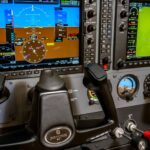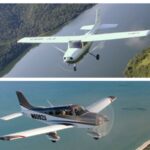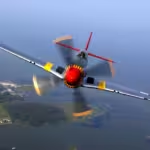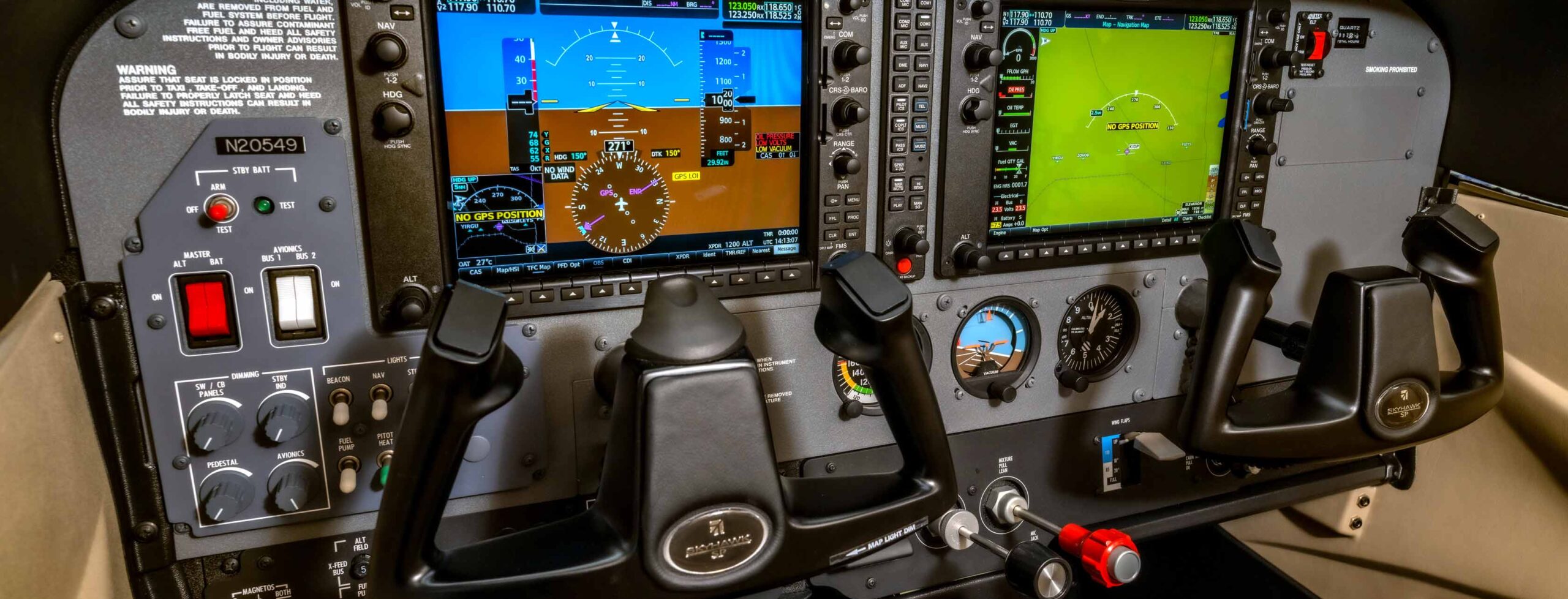I’m not an instrument pilot myself but I’ve been doing a lot of research and asking pilots around the airport if they have their instrument rating and if so, why?
In case it’s something that’s been on your mind for a while, here’s what I heard back. A lot of those who didn’t have their instrument rating mentioned the cost and time associated with it, which is very true but those who already had their instrument ratings never brought up the time or cost so that must mean something for how valuable it is.
Enhanced Safety
Weather conditions can change quickly, and having an instrument rating allows pilots to navigate through clouds, fog, and poor visibility conditions using instruments rather than relying solely on visual cues (VFR). This significantly reduces the risk of weather-related accidents.
An instrument-rated pilot is better trained to assess and manage risks, making better decisions when confronted with degraded visibility or unforeseen adverse weather.
Should a VFR pilot inadvertently enter instrument meteorological conditions (IMC), the lack of training can lead to spatial disorientation and loss of control. An IR equips pilots with the skills to recover safely.
Expanded Flight Opportunities
Without an IR, VFR flight is restricted to good weather conditions (clear skies, specific visibility requirements). An instrument rating enables pilots to fly in a much broader range of weather conditions, allowing greater scheduling flexibility and fewer weather delays. IR-trained pilots can fly in controlled airspace under IFR (Instrument Flight Rules), even when visibility is poor, and have access to more direct routes that are often unavailable to VFR pilots.
3. Career Advancement
Most aviation careers (e.g., airline, corporate, charter, or cargo pilot) require an instrument rating as a minimum qualification. Obtaining an IR is essential for pilots aiming to join a professional aviation career path. Earning an IR improves a pilot’s skills and opens opportunities to build critical experience flying in various conditions, which is valuable for career progression in the aviation industry.
Expanding Flying Skills
Instrument training enhances a pilot’s ability to fly precisely and maintain strict control of the aircraft through procedures and systems. This leads to overall improved airmanship. Mastery of instrument navigation provides added confidence in handling challenging conditions and situations, making pilots more competent and versatile.
Access to Instrument-Only Airports
Some smaller or less accessible airports rely solely on instrument approaches for arrivals. Without an instrument rating, a pilot may not be able to take advantage of these options, limiting destinations.
Insurance and Regulatory Benefits
Many insurance companies view instrument-rated pilots as less risky compared to VFR-only pilots, potentially resulting in lower premiums. An IR grants the ability to fly under IFR, reducing the chances of being grounded due to weather-related VFR limitations, which can be a significant inconvenience.
7. Personal Enjoyment and Accomplishment
Mastering instrument flight requires dedication, focus, and skill. Many pilots find the process deeply rewarding and enjoyable. The ability to fly in a wider variety of conditions also allows for a greater sense of freedom and fulfillment in personal aviation endeavors.
Conclusion
An instrument rating is one of the most valuable steps a pilot can take in their aviation journey. It not only makes flying safer and more professional but also opens up a world of possibilities for personal and career advancement. Whether for safety, flexibility, or career-building purposes, obtaining an instrument rating is a worthwhile investment in your aviation future.








